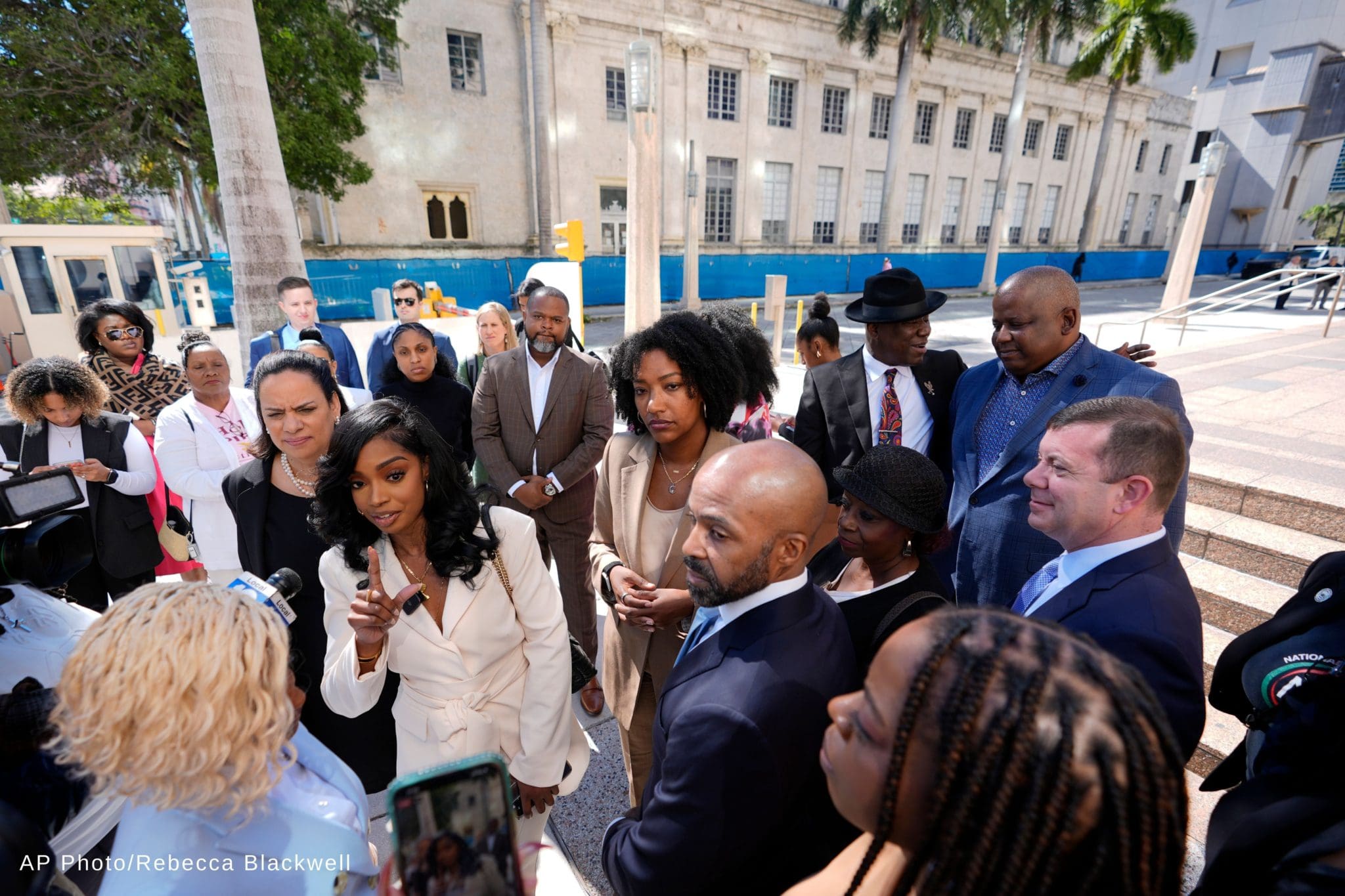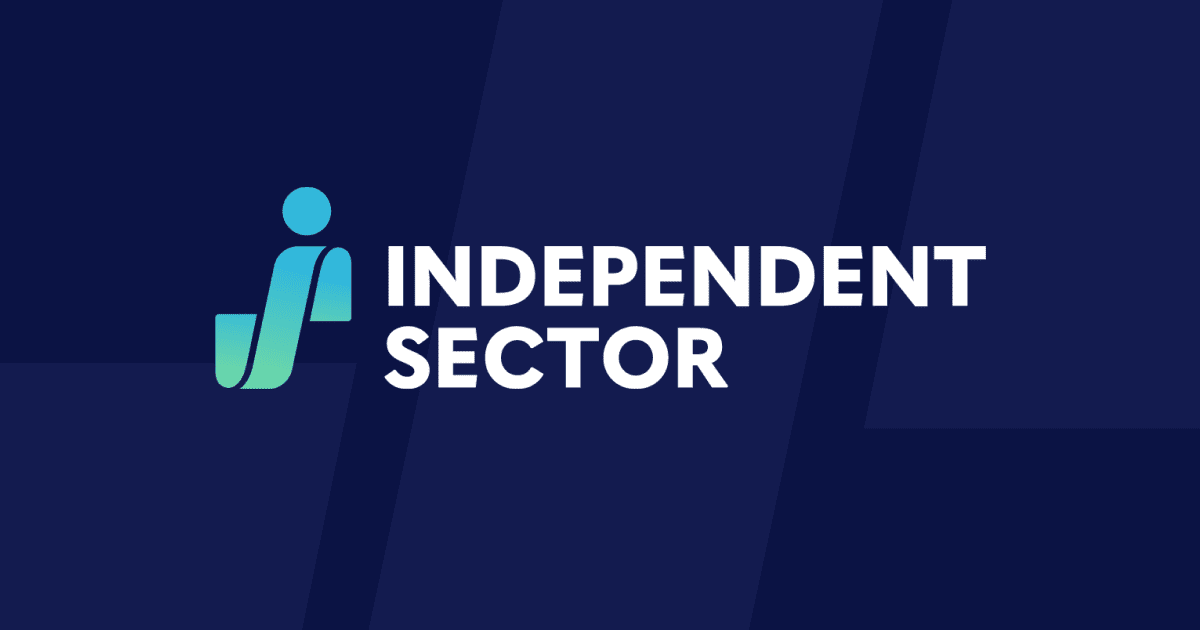This article, written in the summer of 2016 and originally published in The Chronicle of Philanthropy, is a response to the constant racialized violence experienced by communities of color. It asserts that while it is natural to feel overwhelmed by how to respond, the philanthropic and nonprofit sectors need to do more to address racial equity as individuals, organization, and an ecosystem.
The issue of equity is one that can be addressed at various levels. While the most change happens at the systemic level, many consider that overwhelming and daunting and want to find ways that seem more immediate and closer to home. This article provides strategies and resources on a variety of topics, including how to wield influence with other leaders and how to have difficult internal conversations about race. Each of the recommendations offers a clear way that individuals can promote racial equity with impact within themselves, their organizations, and their ecosystems. The article urges individuals to work at all of these levels to effect real change.
Senseless shootings across the country have awakened racial tensions in America anew.
Forty-nine people, most of them Hispanic, were shot at Orlando’s gay nightclub, the Pulse.
In Minnesota and Louisiana, cops killed two black men, Philando Castile and Alton Sterling. And in Baton Rouge and Dallas, shooters killed several policemen, adding to tensions between African-Americans and law-enforcement officers.
While it’s been hard to process one episode before another erupts, many of us in the nonprofit world have felt more compelled than ever to consider how our work for justice and a better world — no matter our mission — must connect to current events. As more people are becoming aware of the reality that not all people are treated equally, nonprofit organizations — and the people we serve — are increasingly grappling with questions about hate, violence, and humanity.
Nonprofit leaders can let these tragedies frustrate and paralyze us, or we can use them to inspire needed change in ourselves, our organizations, and our world. We hope action becomes the watchword for everyone.
But what actions to pursue? Here are some steps individuals can take:
Educate yourself. If you are not familiar with the concepts of racial equity or antiracism, take time to learn more. Ask yourself if you are aware of your own biases or privileges. Have you looked at your network and thought about how inclusive or exclusive it is? Does everyone look like you? Where do you get your information? Make sure you are hearing balanced perspectives and not in an “echo chamber” of like-minded points of view. As a good starting point, read Curriculum for White Americans to Educate Themselves on Race and Racism, drafted by Jon Greenburg, a public-school teacher.
Be an advocate. Learn how to speak out appropriately, both in professional and personal settings. If discussing racial issues in public makes you uncomfortable, think about other topics you have chosen to speak up about. Perhaps you were more confident speaking up because you felt knowledgeable about that issue from your organization’s work or from your personal experience. Speaking up about racial equity may be uncomfortable for people of all races, but it is critical we each take responsibility to talk about social injustice. For inspiration, check out Letters for Black Lives, a site that got its start by gathering Asian-Americans and Canadians to show their support for Black Lives Matter and now includes thoughts from people of many racial and ethnic backgrounds.
Don’t let the wave of depressing news overwhelm you. During times of pain, we must make sure to take time out for self-care. How are you fortifying yourself to be involved in this work over the long term? Are you sleeping and taking breaks from social media and reading the news? You won’t be effective if you feel depleted physically or emotionally. Imani Walker, a Los Angeles physician, offered some excellent tips and resources on how to preserve yourself in tough times on the Root’s website.
Nonprofits’ Role
Your organization can also make a difference. Staff members can come together to:
Evaluate your mission, programs, and organizational culture to identify how they promote — or impede — racial equity. Nonprofit leaders and workers should talk about racial equity in society and how it directly relates to your organization’s work. People of color are having these conversations in their homes, with their friends, and in their communities. If those same kinds of conversations are not happening at work, then it is a sign that staff members don’t feel comfortable starting them. This is a missed opportunity. The Annie E. Casey Foundation’s Race Equity and Inclusion Action Guide provides an excellent framework for how to do this in your organization.
Make it a priority to hold conversations about the recent spate of violence. If you have not yet done this, bring your staff together to sit down, discuss feelings and responses, and support one another through the traumatic period. These conversations will probably reveal a spectrum of feelings about current events. Within our team, people have expressed feelings of fear, frustration, and motivation to do more. To help understand how to lead these conversations, Jennifer Porter, a leadership and team-development consultant, wrote this month in the Harvard Business Review about the importance of creating a sense of psychological safety for employees and talking about what is important.
Connect the dots. Racial equity should be important to your organization, even if it isn’t an explicit part of your mission. If your staff and the people you serve include people of color, then racial equity is part of your culture and work. If you have a commitment to reflect the current and future demographics of this country, racial equity work must be part of that commitment. To help explore these issues, resources from Colorlines and Racial Equity Tools can help.
Wielding Influence
Our best hope for creating big-scale change, however, can come by influencing the people and organizations that are part of our networks. It’s important to:
Identify where you can be a changemaker. Each of us has influence over different systems of which we are a part. We have seen CEOs push change within their organizations and among their peers, middle managers spark change with senior staff in their organization, and emerging leaders engage conversations across the nonprofit world through professional organizations. The Leadership Learning Community’s publication, Leadership and Race, offers recommendations for how to develop and support leadership that contributes to racial justice.
Announce your organization’s commitment to racial equity. While activists are using their voices to push for racial equity in communities across the country, nonprofit leaders can increase the pace of change by raising our voices within our spheres of influence. That is not a call to expand your mission into new areas but to acknowledge that none of us can achieve our missions without promoting greater racial equity. Consider taking a definitive stand to talk about how your programs will benefit people of color — and not unwittingly harm them. To help develop your message, Western States Center offers an exercise that can help many groups.
Engage your supporters, grant makers, and partners in difficult conversations. Many people steer away from discussing race because they worry how it will reflect on them as individuals. Leadership is about speaking up for what is important, and we must have these discussions to actually create the change that is needed. Community Wealth Partners offers lessons from the organization’s work to draw people in its network of organizations promoting social change into such discussions.
During times of great tragedy, we have the potential for great change. We must identify how we can work individually and collectively to fight racism and inequality in our society. Only then will we be able to create true racial equity at every nonprofit — and, most important, achieve our missions to create a better world.
Ericka Hines is principal of Every Level Leadership, a company that advises organizations on the best ways to promote diversity. Monisha Kapila is founder and chief executive of ProInspire, a nonprofit that works to develop nonprofit leaders.
This article was originally published by The Chronicle for Philanthropy online, on August 1, 2016 (https://www.philanthropy.com/article/Opinion-How-Nonprofit-Workers/237292). Used with permission.



